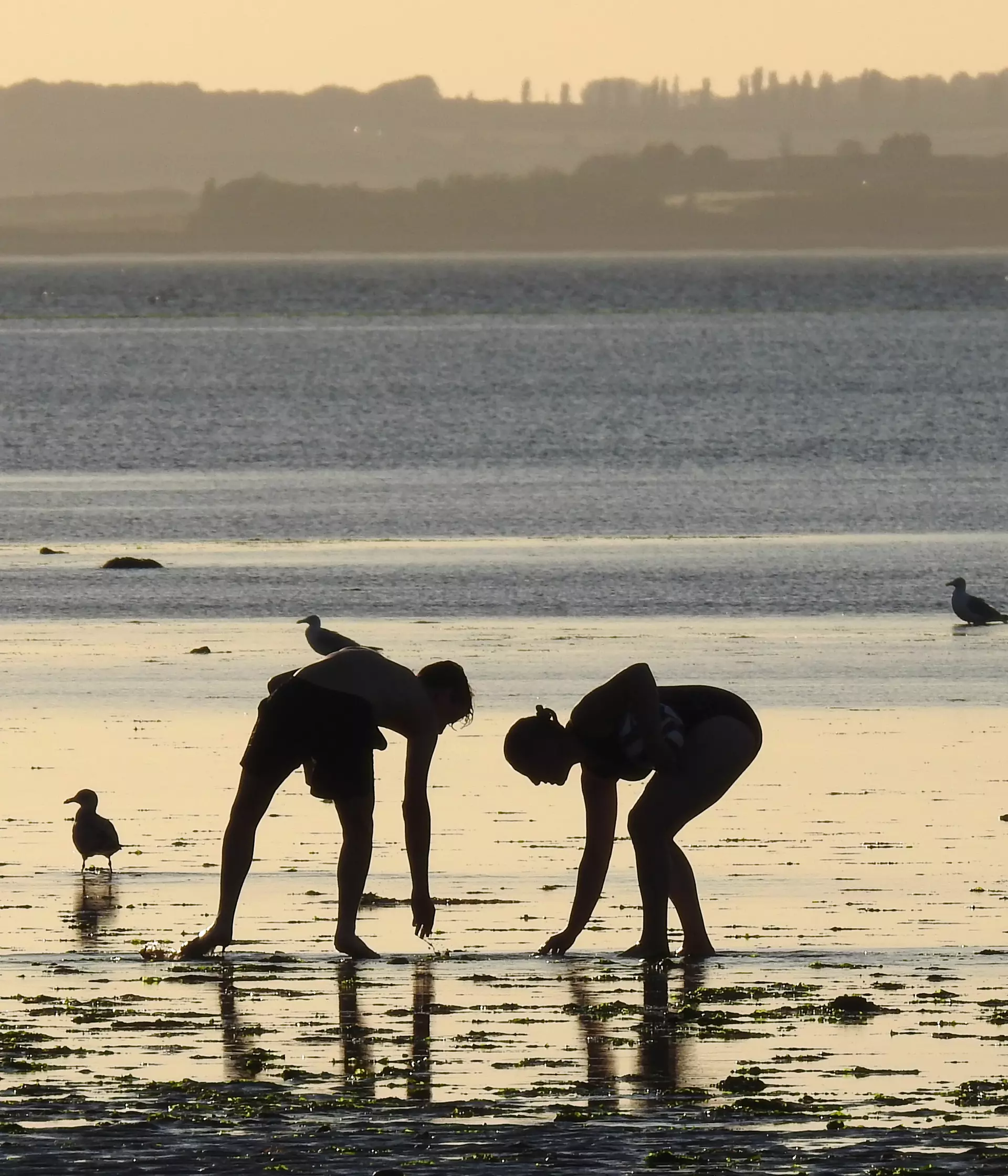The irrefutable connection between climate breakdown and biodiversity loss is becoming better understood with each passing year, and there is growing agreement that both crises must be tackled in unity.
As it stands, existing policies are not ambitious enough; emissions targets agreed upon under the Paris Climate Agreement are on track to be exceeded by current deadlines, and not a single government has met biodiversity targets set two decades ago.
Rapid habitat degradation drastically reduces nature’s ability to store carbon, making it difficult for species to adapt to their fast-changing environment, increasing their risk of extinction – which in turn has a serious impact on ecosystems. The science is clear, it’s time to integrate policies to tackle climate change and biodiversity loss.
Biodiversity recovery at the heart of nature-based solutions
At ZSL, a key area of our work is the employment of Nature-based Solutions – an approach which both adapts to and mitigates the impacts of climate change. These Solutions, which include habitat protection and restoration, are low-cost yet high-impact and provide a whole host of benefits to people and wildlife. We ensure that biodiversity recovery is at the heart of nature-based solutions.
As we approach a landmark season for nature, with international conferences and congresses putting a much-needed spotlight on these issues, ZSL is calling for world leaders to put nature at the heart of all global decision making.
Conservation in Mongolia
Working together with communities to restore habitats and fight back against the illegal wildlife trade.
West African carnivores and elephants in the savannah
We are fighting for the future of west African elephants, in their most important stronghold, which is home to over 70% of the remaining population.
Our Sea Our Life - Tackling unsustainable fishing practices
Working with communities to establish more sustainable fishing practices.
Ensuring biodiversity benefits from Nature-based Solutions
Championing nature-based solutions at COP 26 to tackle the climate and biodiversity crisis' together.
How plunging into seagrass restoration could help our coastline
Experts from ZSL and the University of Portsmouth turn science into a practical toolkit on how to restore seagrass habitat, which can tackle climate change and biodiversity loss.
Making Rewilding work in the Anthropocene
Tropical peatland restoration to support local communities and ecosystem processes
The State Of The Thames 2021
Since it was declared biologically dead in 1957 in parts, the River Thames has made an astounding recovery. Read the results of the first complete health check of the river.
Mangroves
Our projects in the Philippines have restored and protected over 900 hectares of abandoned fishpond mangroves - around the size of 1,260 football pitches.
Not all forests are created equal
You’ve no doubt already heard that the world’s forests play a vital role in combating greenhouse gases. But did you realise that some are significantly better at it than others?
Life and death on the reef
ZSL and postdoctoral researcher Catherine Head has been studying life in reef habitats and their number one global threat, coral bleaching.
The climate change and biodiversity crises must be tackled in unison
Our environment is breaking down, taking with it the foundations of our economies, food security, health and quality of life.
Nature-based climate action in cities: a no-brainer to bolster urban climate resilience
ZSL’s Dr Nathalie Pettorelli on what still needs to be done as COP27 heads into its final days…
